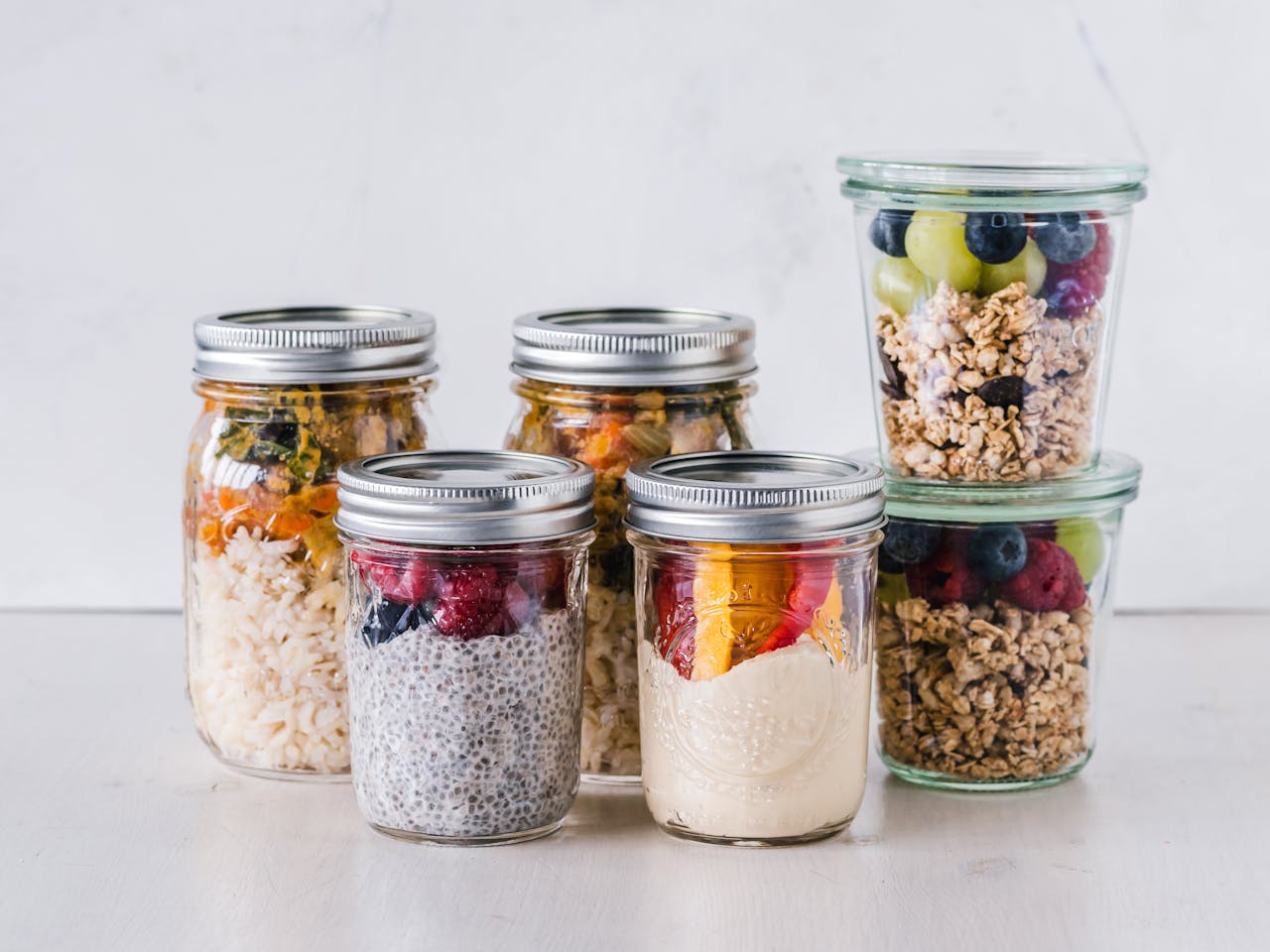In a world where sweetness is often linked to refined white sugar, natural sweeteners offer a refreshing and wholesome alternative. With their complex flavors and aromatic profiles, these sweeteners can elevate everyday recipes into extraordinary culinary experiences. From the rich depth of honey to the mellow caramel notes of cane syrup, nature provides a diverse palette of sweet options—each with its own character and charm. In this article, we’ll explore the benefits of switching to natural sweeteners, uncover their flavor nuances, and offer inspiration for delicious experimentation in the kitchen.
A Glimpse Into the History of Natural Sweeteners
The use of natural sweeteners dates back thousands of years. Ancient civilizations like Egypt and Mesopotamia revered honey—not just as food, but as a sacred offering. With the rise of agriculture, syrup-producing plants were cultivated across Asia and the Americas. In India, agave syrup was extracted from evergreen leaves, while in North America, indigenous peoples tapped maple trees to create the syrup we know today. Though methods and ingredients vary across cultures, the shared goal has always been to capture sweetness directly from nature—preserving its full flavor and nourishing properties.
Exploring the Diversity of Natural Sweeteners
Today’s natural sweetener selection is vast. Popular choices include honey, maple syrup, coconut nectar, agave syrup, cane juice, beet molasses, and date syrup. Lesser-known options such as lucuma powder, mesquite flour, stevia syrup, rice syrup, and yacon syrup are also gaining popularity. Each has a distinct texture, sweetness level, and cooking stability—making it easier than ever to find the perfect match for every recipe, whether it’s a light yogurt bowl or a complex baked dessert.
The Aromas and Flavor Complexity
Natural sweeteners do more than sweeten—they add character. Maple syrup offers earthy, resinous notes. Coconut syrup brings hints of the tropics. Date syrup carries a rich, fruity depth, while honey can range from delicate floral to bold and spicy, depending on its source. Lucuma contributes a mellow caramel-nutty flavor, and mesquite adds smoky, woody undertones. This complexity makes natural sweeteners ideal for layering flavors and creating distinctive, memorable dishes.
Nutritional Benefits and Natural Compounds
Unlike refined sugar, natural sweeteners often contain trace nutrients and health-supportive compounds. Maple syrup provides manganese, zinc, and calcium. Date syrup is rich in iron and potassium. Coconut nectar offers magnesium and phosphorus, while honey contains enzymes, amino acids, and antioxidants. Lucuma and mesquite contribute fiber and micronutrients. The presence of natural pigments, aromatics, and bioactive compounds enhances both the nutritional profile and sensory appeal of your food.
Environmental and Ethical Considerations
Producing natural sweeteners tends to have a smaller environmental footprint compared to industrial sugar refining. Many are harvested using traditional, low-impact methods that support biodiversity. Beekeeping fosters pollination and plant health, while collecting coconut or agave sap sustains local economies and time-honored practices. Choosing these alternatives means supporting ethical sourcing, eco-friendly agriculture, and small-scale farmers across the globe.
Creative Culinary Uses
Natural sweeteners open the door to endless kitchen creativity. They work beautifully in both hot and cold beverages—think herbal teas, smoothies, or artisanal cocktails. In baking, honey or syrups can replace refined sugar, enhancing moisture and depth. Cane syrup makes a smooth, glossy glaze; date syrup brings richness to chocolates and pastes. You can also blend sweeteners to achieve your ideal balance—light, bold, or somewhere in between. Just remember: each sweetener reacts differently to heat, so adjust your methods accordingly.
Choosing and Tasting with Intention
When selecting natural sweeteners, look for minimally processed, certified organic options without additives or artificial flavoring. Raw honey should retain its pollen and enzymes, and authentic maple syrup should be free from added sugars. To find your favorites, sample a small spoonful or stir it into warm water or plain yogurt. This helps you appreciate each sweetener’s full aroma and sweetness profile before incorporating it into a dish.
A Sweet Conclusion to a Flavorful Journey
Replacing refined sugar with natural sweeteners isn’t just a health-conscious choice—it’s a celebration of tradition, craftsmanship, and nature’s bounty. Each ingredient carries a story, a regional heritage, and a distinctive taste. Whether it’s a drizzle of maple syrup in your morning coffee or a signature dessert crafted with honey and lucuma, the possibilities are endless. Embrace the variety, savor the nuances, and enrich your recipes with the natural sweetness that brings both joy and nourishment to the table.

 10 Powerful Superfoods to Naturally Strengthen Your Immune
System
10 Powerful Superfoods to Naturally Strengthen Your Immune
System

 Your Complete Roadmap to Balanced Eating for Daily Wellness
Your Complete Roadmap to Balanced Eating for Daily Wellness

 Mastering Food Labels: A Smarter Way to Choose What You Eat
Mastering Food Labels: A Smarter Way to Choose What You Eat

 Easy and Wholesome Plant-Based Recipes for New Cooks
Easy and Wholesome Plant-Based Recipes for New Cooks


Ethan Phillips